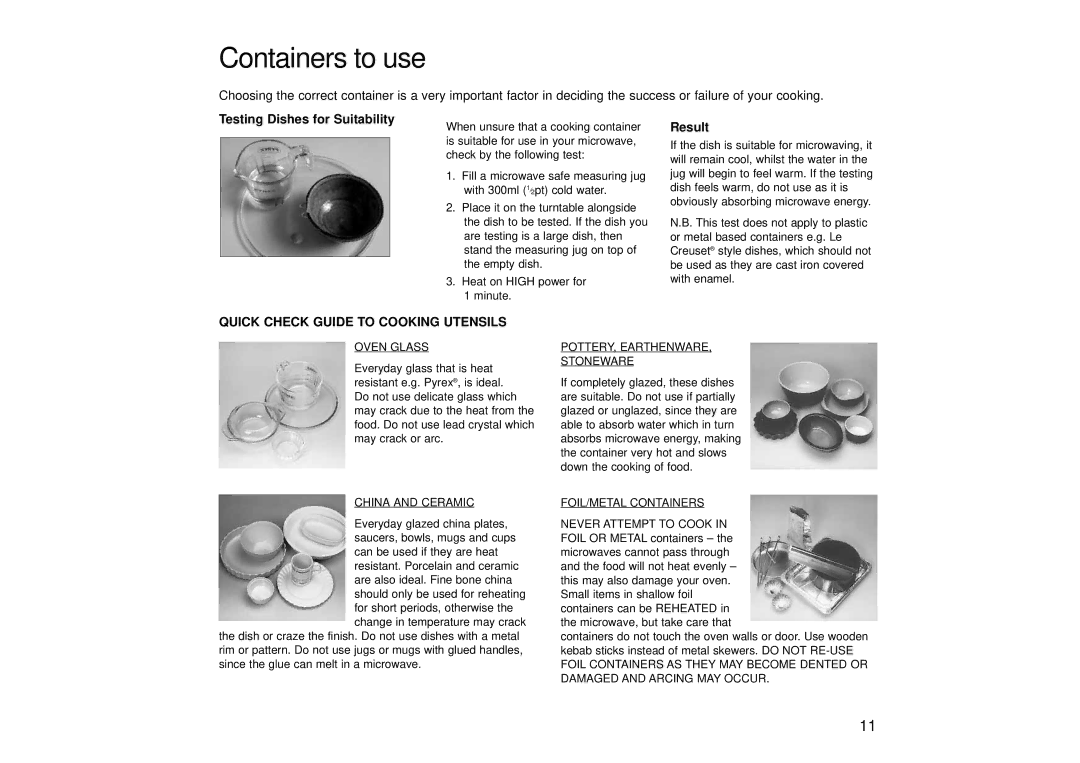NN-SD456, NN-SD466, NN-SD446 specifications
Panasonic has long been a trusted name in home appliances, and their line of microwave ovens is no exception. The NN-SD466, NN-SD446, and NN-SD456 models are excellent choices for anyone looking for efficiency and convenience in cooking. Each of these models incorporates advanced technologies, outstanding features, and user-friendly characteristics that cater to a modern kitchen.One of the standout features of the NN-SD466, NN-SD446, and NN-SD456 is the Inverter Technology. This innovative cooking method provides continuous power delivery, allowing for even heating and defrosting. Unlike traditional microwave ovens that use a series of pulse on and off cycles, inverter technology maintains a consistent temperature, ensuring that food is cooked uniformly. This is particularly beneficial for delicate items such as seafood and custards, which require gentle, steady heating.
These models come equipped with a Smart Inverter, which enhances the versatility of the cooking options available. Users can easily switch between different power levels, allowing for more precise control over the cooking process. This makes it easier to achieve the desired texture and flavor in various dishes.
Another defining characteristic of these Panasonic microwave ovens is the Genius Sensor Cooking feature. This advanced sensor automatically detects humidity and adjusts the cooking time and power levels accordingly. As a result, users can ensure their meals are perfectly cooked without the need to manually track cooking times.
With a spacious interior, these models can accommodate large dishes, making them ideal for family meals or entertaining guests. The sleek design and stainless-steel finish add a touch of elegance to any kitchen décor. Moreover, the easy-to-read control panel ensures that users can navigate settings with ease, enhancing the overall cooking experience.
Panasonic’s NN-SD466, NN-SD446, and NN-SD456 microwave ovens are not just about performance; they also prioritize safety. Features like child lock prevent unintended operation, providing peace of mind for families with young children.
In summary, the Panasonic NN-SD466, NN-SD446, and NN-SD456 microwave ovens stand out for their innovative features, including Inverter Technology, Smart Inverter, and Genius Sensor Cooking. Their spacious interiors and user-friendly controls make cooking hassle-free, while safety features ensure a worry-free cooking environment. These models are perfect for those seeking to elevate their cooking capabilities in a versatile and stylish way.

